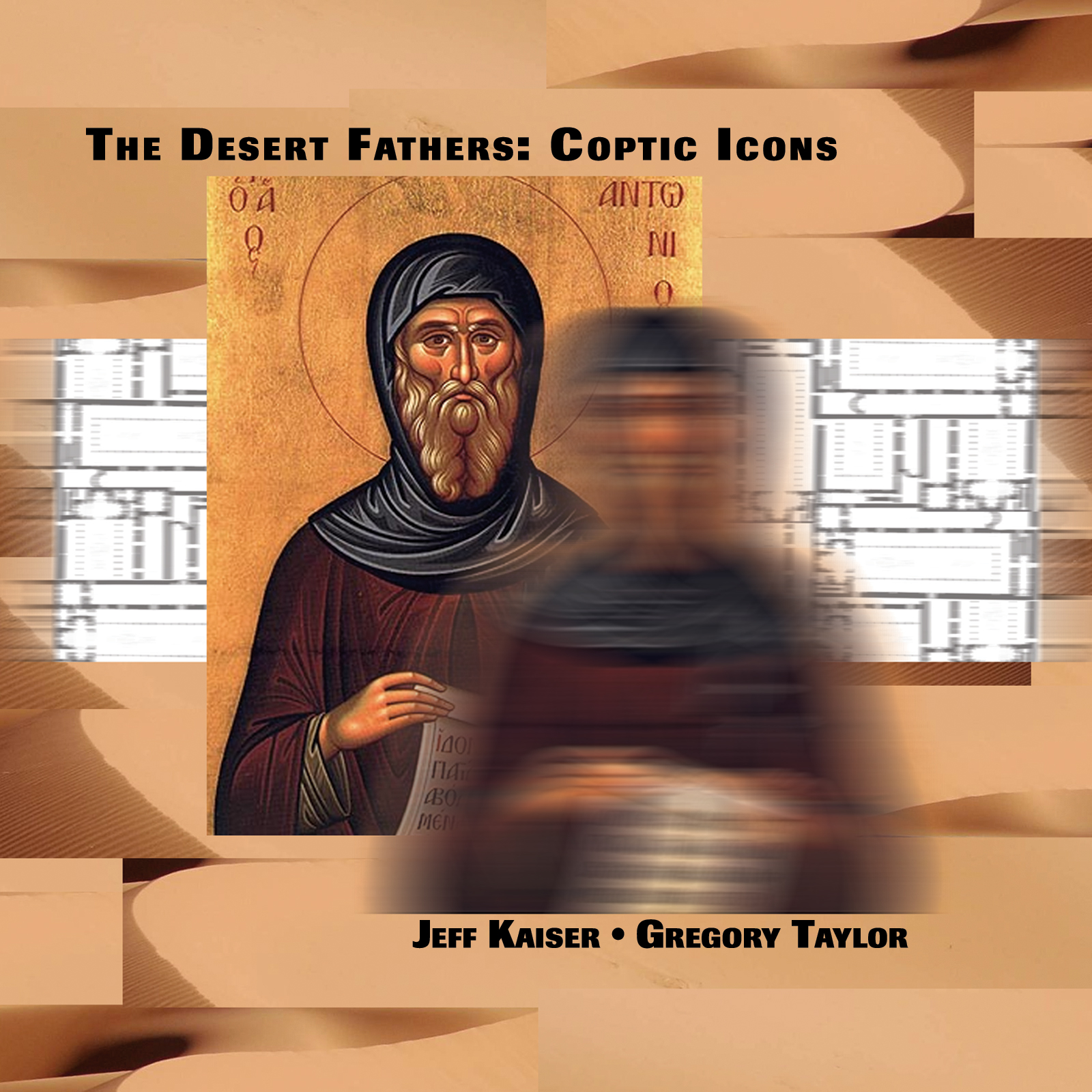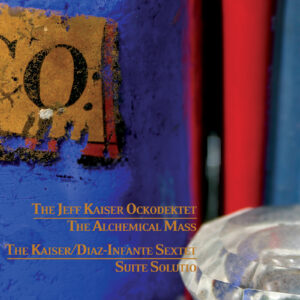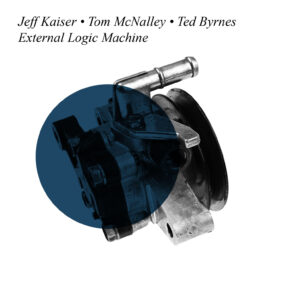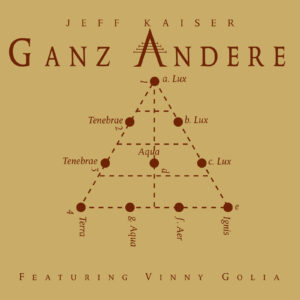Jeff Kaiser and Gregory Taylor / The Desert Fathers: Coptic Icons (PFMCD050)
The Desert Fathers
Jeff Kaiser: Quartertone Trumpet, Laptop
Gregory Taylor: Laptop
ONLY AVAILABLE DIGITALLY
1. Visions (Saint Anthony) 31:14
2. The White Monastery (Saint Shenouda) 26:02
Recorded direct-to-disc 4.27 and 4.28.07 at the Boise Experimental Music Festival
CD art, mix and mastering by Jeff Kaiser
© 2007, Gregory Taylor, BMI and Jeff Kaiser Music, ASCAP
For more information:
www.pfMENTUM.com • PFMCD050
The Desert fathers—a collection of ascetics, monks, and hermits—fled the persecutions and chaos of the Roman Empire in the third century AD and settled in the deserts of Egypt, seeking safety and solace in loose-knit refugee communities at the margins of civilization. When the persecutions stopped, they remained-drawn as individuals by the solitude, privation, and self-discipline borne of desert life.
Born the son of wealthy landowners, orphaned, and later disciple of a local ascetic, St. Anthony the Great is noteworthy as the first to actually pursue an isolated (anchoritic) life in the desert itself. His biographies describe in vivid detail the afflictions and visions of his isolation—torments from which he emerged enlightened, serene, and healthy. After this, he moved further into the wilderness even as his fame grew, founding his own monastery where he dedicated himself and his disciples to prayer and the discipline of manual labor.
Shenouda the Archimandrite first visited the White Monastery (so named for the color of limestone of its outer walls) located near the Upper Egyptian city of Souhag as a boy. He remained there as a result of a vision granted to the monastery’s abbot, and eventually served as its abbot during its heyday as a thriving ascetic community.
Anthony and Shenouda were both canonized after their deaths as saints in the Coptic Orthodox Church. As monks, they combined their own individualized practices with regimens attuned to their lives in a desert environment and introduced elements of shared communal practice (the sharing of meals and liturgical practice) into their communities that laid the foundations for what we now think of as Christian monasticism.
pfMENTUM CD050
PFMCD050




